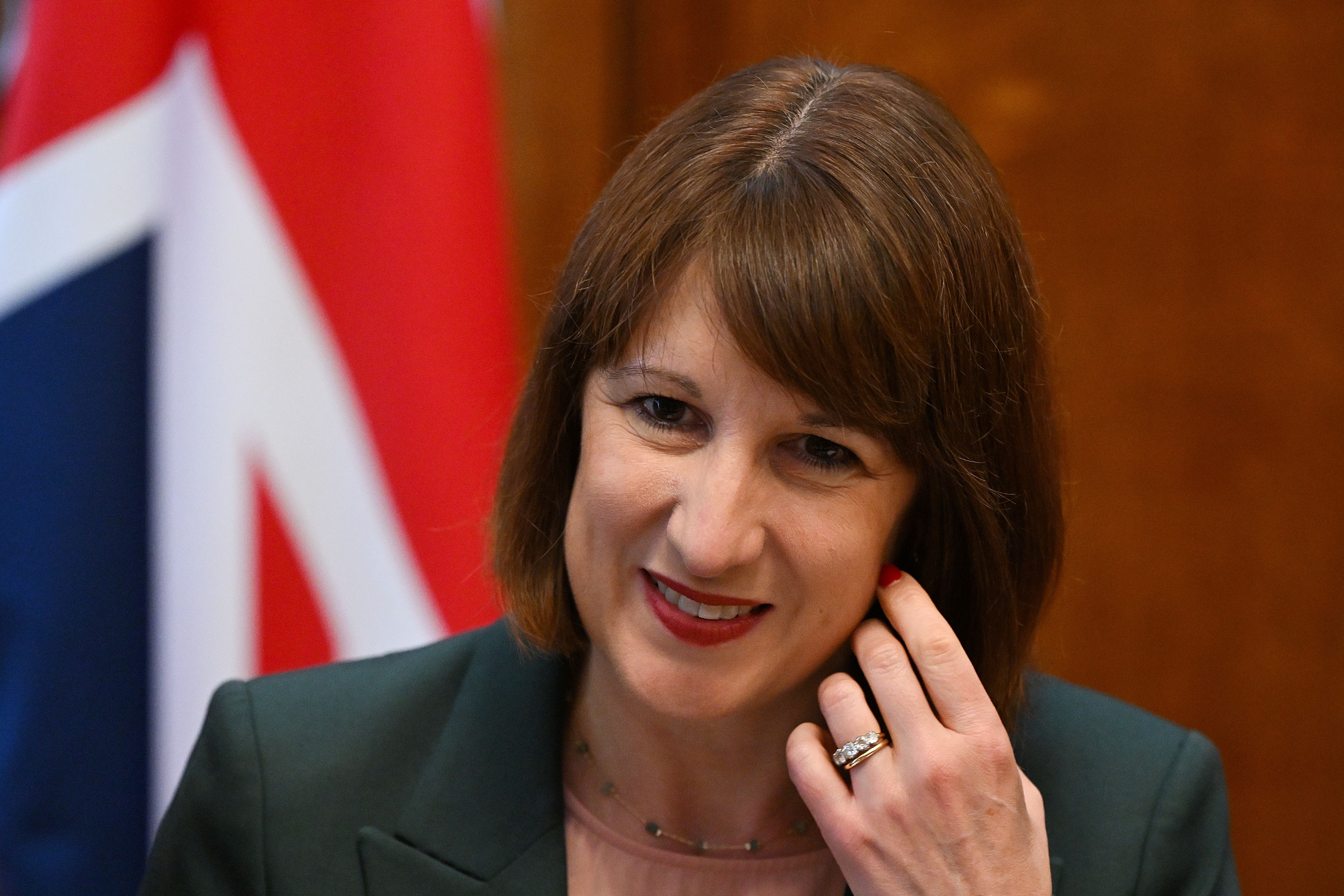Tax rises aren’t the only way to fill a £20bn black hole in government spending
After her deeply cynical softening-up exercise, the chancellor will next week reveal the size of the fiscal challenge that faces the nation. It would be a good opportunity to try something different – borrowing to invest, rather than raising taxes, says James Moore


Rachel Reeves is preparing to drop a financial bomb on Britain next week. I’ve seen figures quoting £10bn, £20bn, even £50bn, for the black hole she will announce she has found. Naturally, the voluminous gap will be blamed on the other lot.
Except that none of this should surprise anyone who was paying attention during the election campaign, to what was being said and (crucially) to what was left unsaid about the profound fiscal challenge the nation faces.
The Institute for Fiscal Studies (IFS) explained this in its analysis of Labour’s low-fi manifesto that, it said, “leaves literally no room – within the fiscal rules that it has signed up to – for any more spending than planned by the current government”.
The plans of that now-previous government involved “cuts both to investment spending and to spending on unprotected public services”. But Reeves’s boss, Britain’s new CEO Sir Keir Starmer, “effectively ruled out such cuts”.
“How they will square the circle in government, we do not know,” said the IFS. Next week will shine some light on that.
If Labour can conjure up, or get its hands on, some extra economic growth, growth that the current forecasts don’t allow for, the task of Reeves and her colleagues will be made an awful lot easier.
One of the biggest problems UK plc has faced under a succession of administrations is that it has failed to invest in that economy. Investment spending isn’t the sort of spending that the electorate typically notices being cut, by contrast to, say, the NHS or education. It thus represents a relatively easy target, to the economy’s long-term detriment.
Labour has set out its plans to borrow an extra £17.5bn over five years to fund its scaled-back “green prosperity” plan. Borrowing to invest – as opposed to borrowing to pay for day-to-day expenses – is good borrowing, so long as the investment is properly handled and delivers a return.
There is another option for producing that tantalisingly elusive growth the UK needs: ease the burden imposed by Brexit so that British businesses can more easily trade with the huge market next door. Europe is something Labour also didn’t want to say much about, despite (a majority of) the electorate and businesses crying out for improved relations with the continent.
The business groups I have spoken to in recent days have been clear that, while they are not asking for a return to the single market, they would like to see better relations and an improved trade agreement. One easy way to reduce the burden of the red tape currently strangling their trading ambitions would be greater regulatory alignment. This will inevitably prove controversial in some quarters. Well, nobody ever said this was going to be easy.
What else will be sacrificed? Which taxes will be increased after the (counterproductive) promises to leave income tax, VAT and corporation tax alone? And to maintain the ruinously expensive “triple lock” on state pensions. How bad will this be in practice?
Well, while some things change, some things remain the same. What we have been witnessing in recent days is a classic softening-up exercise in which big numbers are bandied around and the prospect of something really unpleasant is pitched so that when Reeves delivers her verdict, it isn’t as bad as everyone feared and there are sighs of relief about the nasties that are announced.
If this goes as I expect, we will see more scary numbers over the weekend alongside some juicy hints about the potential targets. This is deeply cynical, but time-honoured.
But make no mistake, this is a key moment upon which the success or failure of the new government – whose support at the election was broad but very shallow – may depend. How Reeves handles her first big test could scarcely be more important.





Join our commenting forum
Join thought-provoking conversations, follow other Independent readers and see their replies
Comments